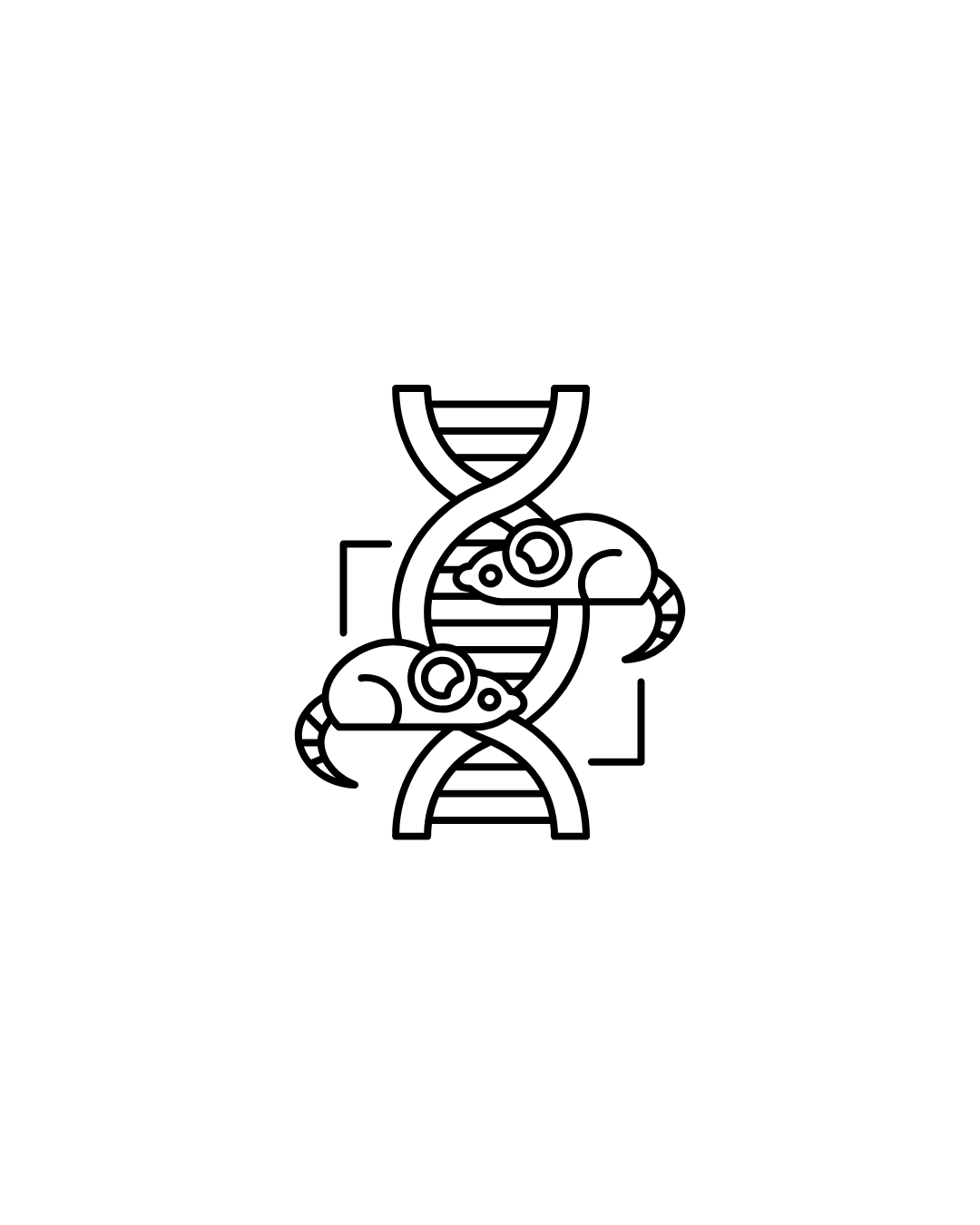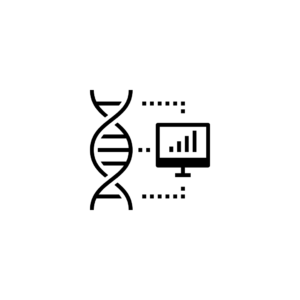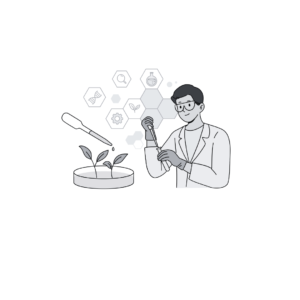Description
A Diploma in Bioinformatics is a specialized program that merges biology, computer science, and information technology to analyze and interpret biological data. As the field of bioinformatics becomes increasingly vital in research and healthcare, this diploma equips students with the skills to work with complex biological datasets, particularly in genomics, proteomics, and systems biology.
Curriculum Overview
The curriculum for a Diploma in Bioinformatics typically provides a blend of theoretical knowledge and practical skills. Here are some common subjects and areas of study you might encounter:
Introduction to Bioinformatics:
Overview of bioinformatics concepts, tools, applications, and the significance of biological data analysis.
Molecular Biology:
Foundation in molecular biology principles, focusing on DNA, RNA, proteins, and their interactions.
Biostatistics:
Statistical methods and techniques for analyzing biological data, including descriptive statistics, hypothesis testing, and experimental design.
Computer Programming for Bioinformatics:
Learning programming languages commonly used in bioinformatics, such as Python, R, or PERL, and their applications in data analysis.
Genomics and Proteomics:
Study of genomic sequences, gene expression analysis, and protein functions and interactions, including high-throughput sequencing technologies.
Sequence Analysis:
Techniques for analyzing biological sequences, including alignment algorithms, motif discovery, and phylogenetic analysis.
Databases and Data Mining:
Introduction to biological databases (like GenBank and UniProt), data mining techniques, and how to retrieve and manage biological data.
Structural Bioinformatics:
Basics of protein structure analysis, modeling, and visualization techniques for understanding molecular structure.
Systems Biology:
Exploring biological systems through modeling and simulation, focusing on interactions within biological networks.
Practical Laboratory Techniques:
Hands-on experience with bioinformatics tools and software, including applications for data analysis and visualization.
Ethics in Bioinformatics:
Discussion of ethical implications related to bioinformatics research, data privacy, and genetic information.
Project Work:
A practical project involving bioinformatics analysis, allowing students to apply their skills to real-world biological data.
Career Opportunities
Graduates of a Diploma in Bioinformatics can explore various career paths in academia, research institutions, healthcare, pharmaceuticals, and biotechnology companies. Some potential job roles include:
Bioinformatics Technician: Assisting in the analysis and interpretation of biological data using bioinformatics tools and software.
Data Analyst: Working with biological datasets, performing statistical analyses, and generating insights for research or clinical applications.
Genomics Specialist: Focusing on genomic data analysis, including variant analysis and interpretation for personalized medicine.
Proteomics Analyst: Analyzing protein data, including protein structure prediction and function annotation.
Research Scientist: Conducting bioinformatics research in academic or industry settings, contributing to new scientific discoveries.
Clinical Bioinformatician: Applying bioinformatics methods to clinical data to aid in diagnostics and treatment decisions.
Computational Biologist: Developing algorithms and models to solve biological problems and analyze complex biological data.
Software Developer for Bioinformatics Tools: Designing and developing software applications tailored to bioinformatics needs.
Technical Consultant: Providing expertise on bioinformatics tools and technologies to help organizations implement solutions.
Quality Assurance Analyst: Ensuring the accuracy and reliability of bioinformatics workflows and analyses.
Further Education
After completing a Diploma in Bioinformatics, graduates may choose to further their education by pursuing a Bachelor’s degree in Bioinformatics, Computational Biology, or related fields. Additionally, obtaining certifications in specialized areas such as genetic analysis, data science, or machine learning can enhance career prospects and professional development.
If you have any questions about the Diploma in Bioinformatics program, potential career paths, or any related topics, feel free to ask!









